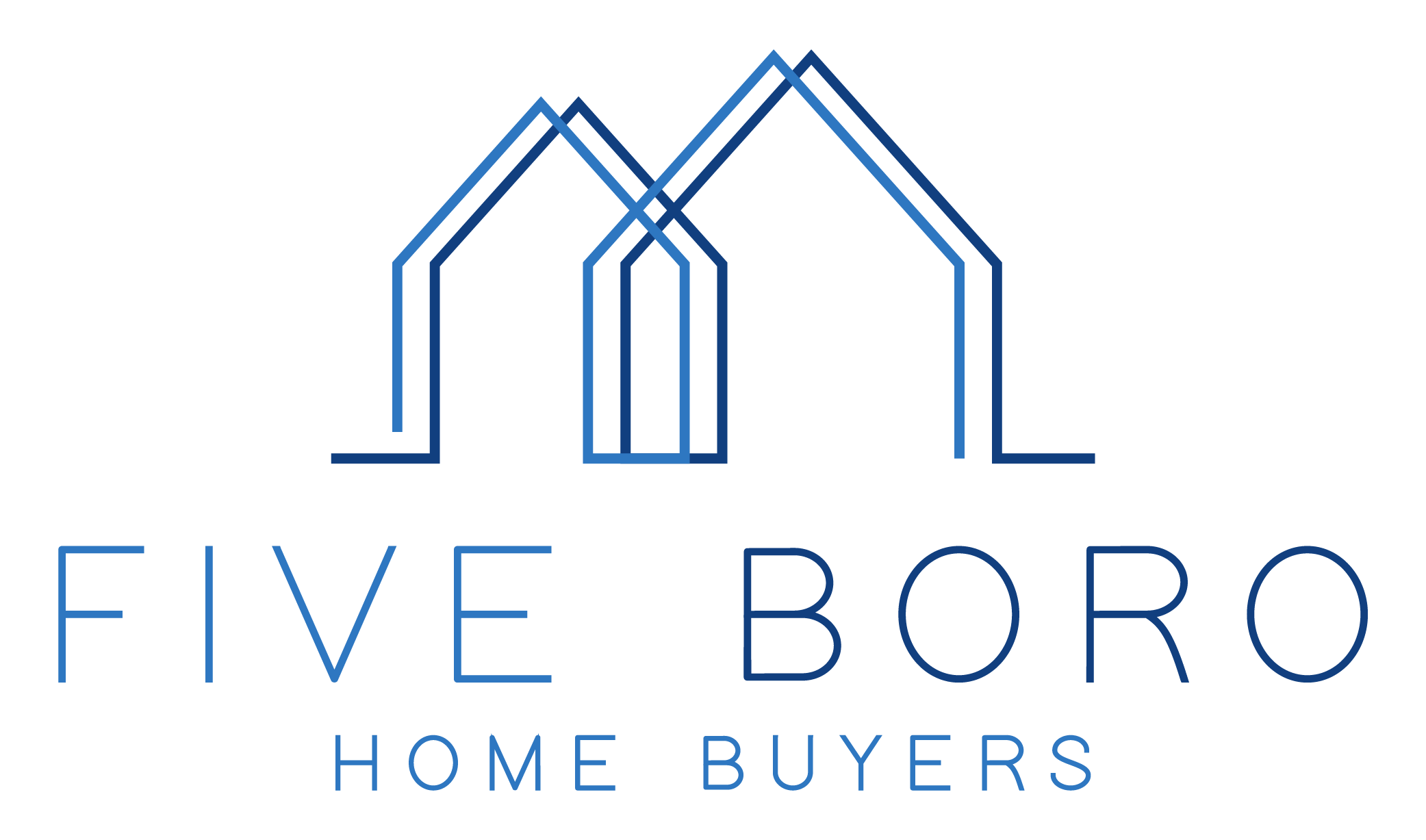What in the World is Private Mortgage Insurance (PMI)?
Private mortgage insurance, or PMI, occurs when a home buyer is not able to put at least 20% of the sale price of a home as a down payment.
Putting a 20% down payment on a new home through a conventional loan may not be a financially feasible option for you. Lenders will usually require you to pay PMI (The borrower typically pays this through monthly premium payments as well as other payment methods).
If you are not able to make at least a 20% down payment, lenders and insurance companies are going to want to minimize their risk when lending their money to you.
Home buyers generally want to avoid paying PMI as it means you’ll be spending more each month due to the premium insurance fees.
Paying over at least 20% as a down payment can significantly reduce your monthly payments and leave you affordable rates. So, you don’t have to squeeze out every penny and dime to make payments on time.
Use Your Cash Equity As A Down Payment
If you are thinking about moving to another home or thinking about downsizing, in particular, you may want to consider leveraging the equity you received from the sale of your house towards the down payment on your new home to obtain affordable rates.
Cash is King
If you’ve sold your home to an all-cash buyer, this might be an excellent opportunity for you. There are advantages to paying for a new home with cash. That’s right; cash is still king amongst home buyers and sellers alike.
Sellers will find a cash offer much more appealing versus a loan or mortgage. Often times, a seller will even be willing to lower the price for you if you pay in cash.
Many home buyers opt to go through home equity loans or home equity line of credit or HELOC to finance their down payments. However, financing down payments through loans take time, and there’s always the chance that you don’t get approved for a loan. Plus, you have interest rates on top of the loans to consider.
If you can leverage the cash equity you’ve acquired from the sale to an all-cash buyer towards the down payment of a new home and that payment is over 20% of the entire sale price of the house, you can save a ton of money in the long run.
Cash also gives you the opportunity to bypass tons of paperwork involved with lenders.
Usually, this is an excellent option for those looking to downsize or looking for a less expensive home in general. Since the house will be smaller in scale relative to your previous home, it’s likely to be more financially beneficial for you since you’ll be paying for less square footage.
As a result, it will make it much more viable to cover at least 20% as a down payment or an even bigger down payment.
So, if you’ve got cash on hand, consider setting at least some of it aside to go towards your new home, and your future self will thank you later.
